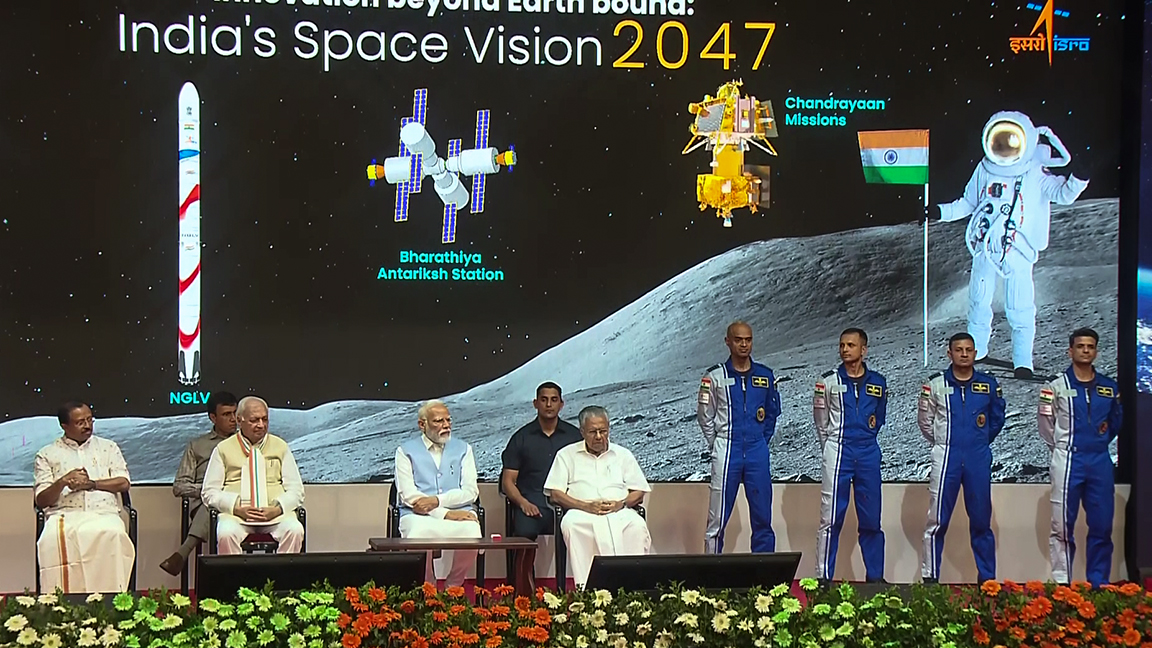- Monday, November 25, 2024
India’s space ambitions got a boost when it became the first country to land a spacecraft near the unexplored south pole of the moon in August

By: Eastern Eye
INDIA will allow 100 per cent foreign direct investment in the manufacture of satellite systems without official approval and eased the rules for launch vehicles, a government statement said, aiming for a greater share of the global space market.
India’s space ambitions got a boost when it became the first country to land a spacecraft near the unexplored south pole of the moon in August – and the fourth to achieve a soft landing – just days after a similar Russian mission failed.
The government said in a statement late last Wednesday (21) that foreign companies could invest in the manufacture of components and systems or sub-systems for satellites up to 100 per cent of the total cost without approval.
Foreign firms planning to build satellites in India would not require government approval up to 74 per cent of the investment; for investment in launch vehicles, investment could go up to 49 per cent without approval, the statement said.
India has privatised space launches and is aiming for a five-fold increase in its share of the global launch market, which some expect to be worth $47.3 billion (£37.6bn) by 2032. India currently accounts for about two per cent of the space economy.
The country hopes liberalised rules for the space sector, long controlled by the government, will draw interest from Elon Musk’s SpaceX and Jeff Bezos’ Blue Origin, among other big players.
The foreign direct investment policy reform is expected to boost employment and will allow companies to set up manufacturing facilities in India, the government said in the statement.
“This will give India access to the latest tech advances and much-needed funds, not only from the country, but from international investors too,” said AK Bhatt, director general of the Indian Space Association.
Space-related India stocks, such as Paras De[1]fence and Space Technologies, MTAR Technologies, Taneja Aerospace and Aviation and Apollo Micro Systems, climbed from two per cent to five per cent last Thursday (22). (Reuters)